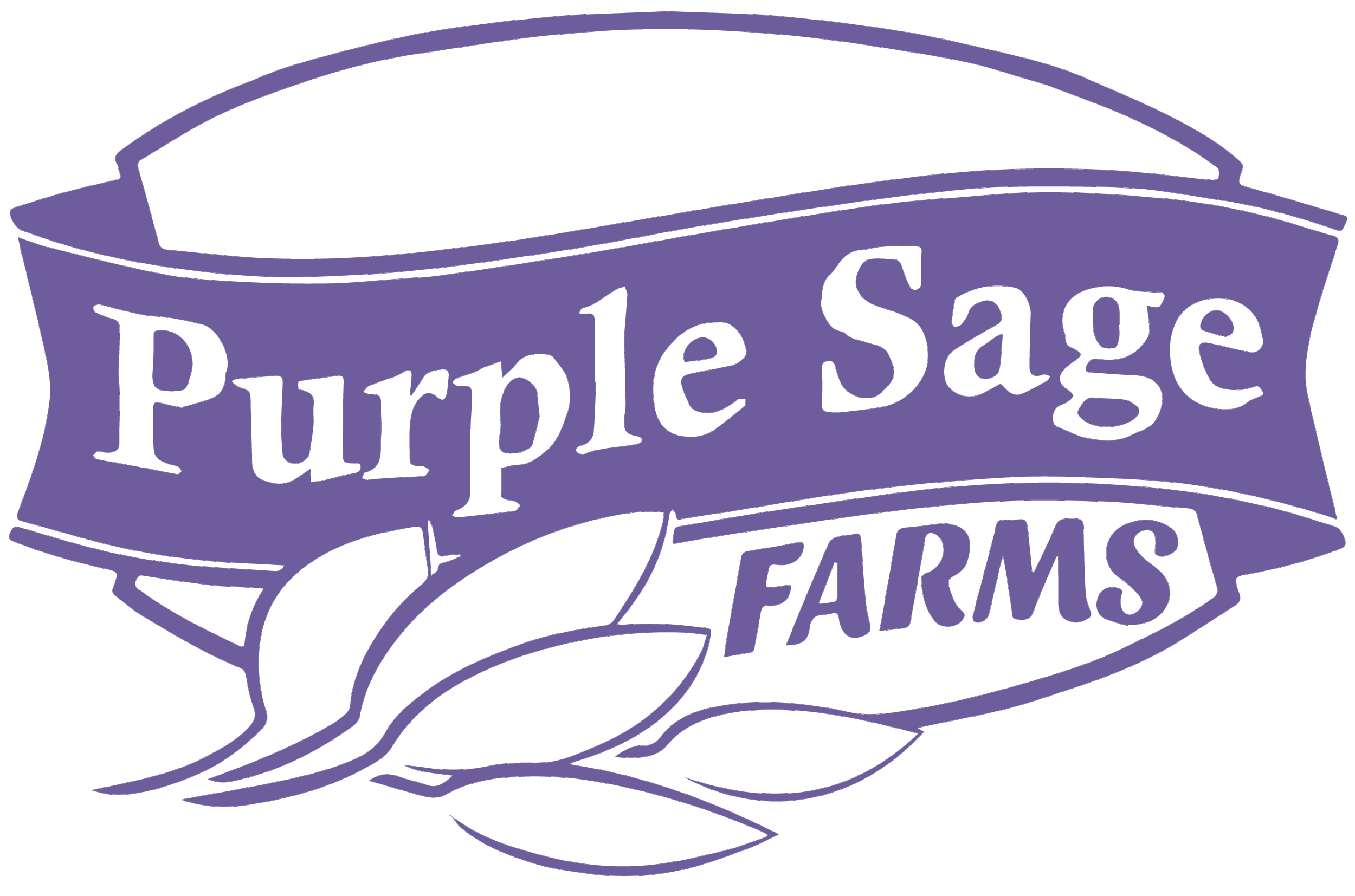Idaho Preferred Promotes Local Food Farmers
Idaho Preferred video tells the origin story of Purple Sage Farms.
Members Since 2002
Purple Sage Farms joined Idaho Preferred when they started in 2002. The program was a new and important direction for the Idaho Department of Agriculture, a shift in focus toward marketing Idaho farms and food processors to increase their visibility and sales. During the past two years, there has been increased support for smaller operations like ours.
Idaho Preferred helps expand the marketplace for local food through education and advocacy. They’ve made connections between producers and large institutions like hospitals, public schools, and even big box stores like Walmart.
This year the program hired Idaho food photographer and videographer, Guy Hand, to tell the stories of their Idaho farm members. Thanks to Guy and Idaho Preferred for this beautiful video about Purple Sage.
Video Transcript
Purple Sage Farms
Middleton, Idaho
Tim Sommer: In 1984, I and Tamara, my wife, began thinking about how do you return to Idaho and pursue an agriculture career, something that we both grew up in and we wanted to figure out how to do that, realizing that we didn't have equipment or existing land, but we had an interest in food. When we first started, I didn't have any examples. There wasn't, the internet didn't exist. There weren't books out there that I could find. And in terms of organic farming, I mean, I didn't grow up in organic farming. We didn't know a thing about it, but I began to learn some, some of the practices and we began initiating that here. And then the reason for the greenhouses was it was able to extend our season and our production of this, all these specialty crops that we grow.
Jackie Sommer: At Purple Sage Farms, we have over two hundred and fifty different crops, and so that means, you know, we're growing small amounts of a lot of different things. Fennel seed is something that we've grown, papalo.
Tim Sommer: ...like right here, Spilanthes, a toothache Cress over there is ashwagandha.
Jackie Sommer: ...Butterfly pea flowers and ginger, turmeric.
Mike Sommer: Skullcap, blue basil, orange mint, epazote. Look at this epazote. That's how we've survived through the years, is growing all sorts of different stuff and trying not to rely on one crop, but just a whole succession of crops that go through the seasons and change with the seasons.
Tim Sommer: This concentration helps you be able to pay attention to this. You're in daily touch with these plants. You see if there's a problem in there with any insects or is there a need in fertility? Is there some special cutting that needs to go maintenance on these, on these crops? And by seeing them, that you and being close to them, you do a lot better job.
Mike Sommer: The type of farming we do is a lot of manual labor. All the implements that we use in the greenhouses have to fit through a regular sized door. So it's basically people doing the work here and and the picking is done by hand, all of it with pairs of scissors.
Tim Sommer: And I learned, I learned this big, this big point. It's better to do more concentration on a smaller space and grow better than it is to be getting bigger.
Mike Sommer: I try to think each day, is there value in this, you know? And for me, there is and for this farm, there's value in keeping this manual labor. I try to think about how to mechanize it and I, it just isn't possible. So in some ways, I feel like manual agriculture using manual labor is coming to an end. But in other ways, it seems like it will never end too, as as long as there's people who want really diverse food and interesting food. I don't think I get as much satisfaction from doing this work if I didn't have my hands and feet in the soil every single day.
Idaho Preferred. Live. Eat. Local.
